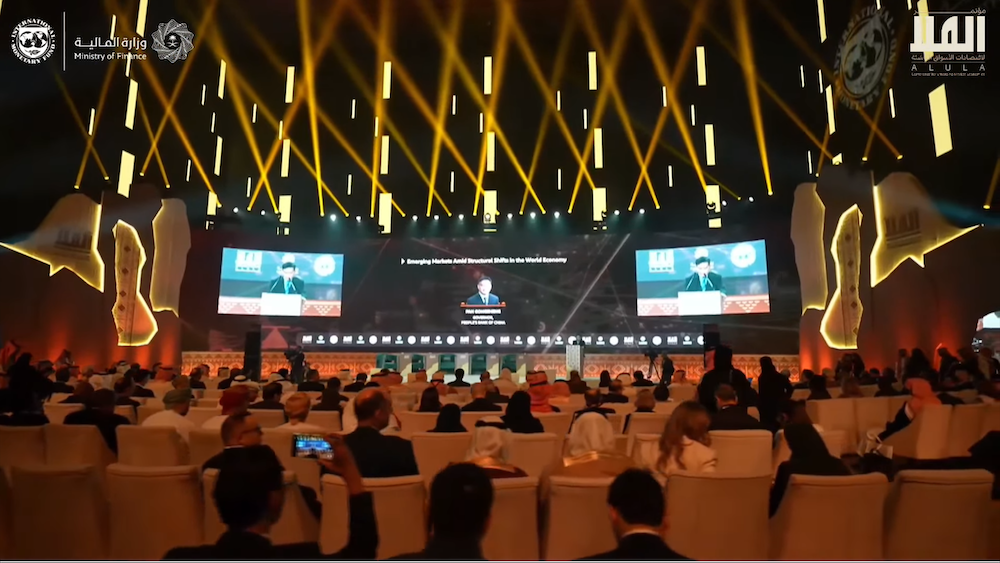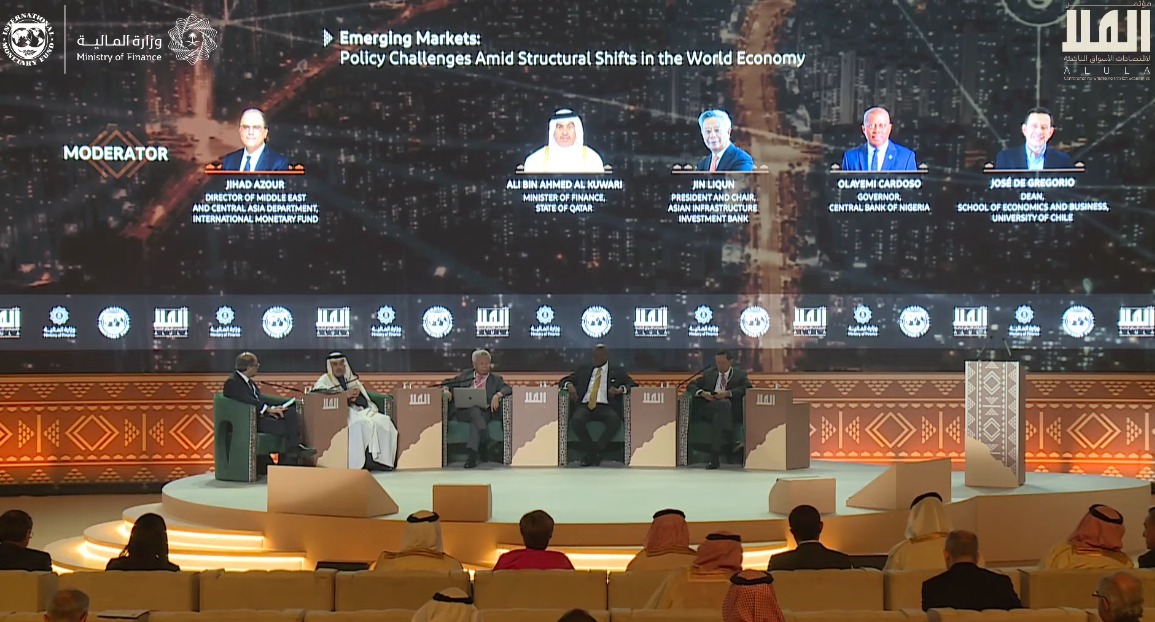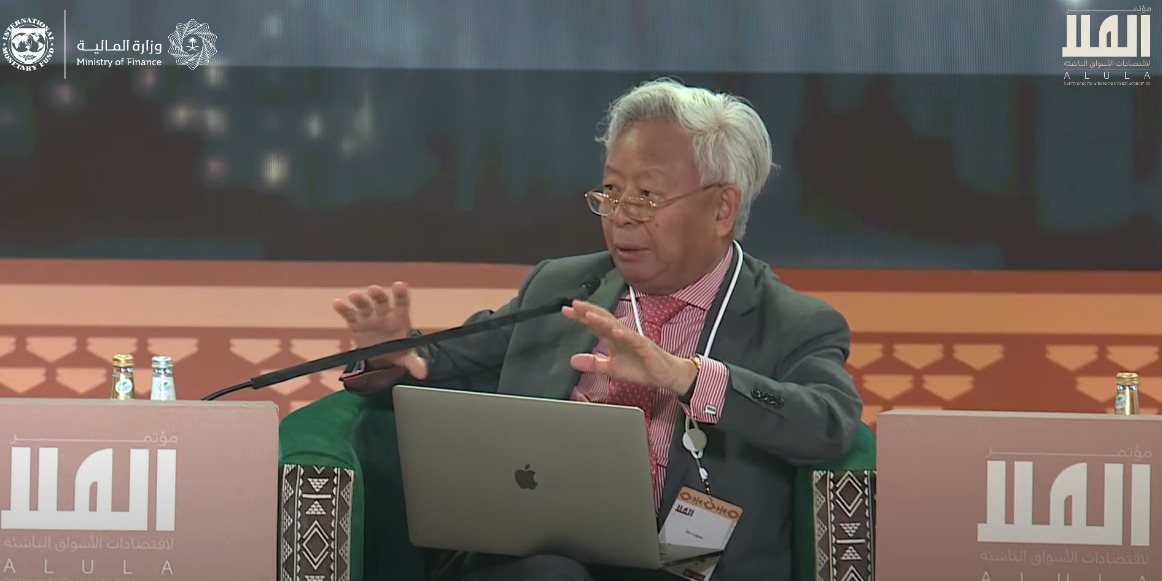RIYADH: Effective debt restructuring requires a thorough understanding of its root causes, said the Russian finance minister at the AlUla Conference for Emerging Market Economies.
Speaking during a panel titled “High Debt-Low Fiscal Space—Fiscal Consolidation and Multilateral Solutions to Debt Restructuring,” Anton Siluanov said that fiscal prudence and policy monitoring are essential in addressing economic challenges.
“When we restructure the debt, we must be fully cognizant of the underlying causes,” Siluanov said, stressing the importance of careful analysis before implementing financial adjustments.
He further underscored the responsibility of finance ministries to adopt prudent fiscal policies, ensuring that governments do not exacerbate their debt situations. “If it’s difficult to cut costs, don’t blow them, don’t increase them,” he warned.
The panelists highlighted the need for efficient and targeted financial measures. Mauricio Cardenas, a professor at Columbia University and former Colombian finance minister, argued against indiscriminate budget cuts, saying: “I don’t believe in across-the-board cuts in government expenditures because governments have priorities, countries also have priorities.”
Instead, he called for channeling financial resources more effectively to stimulate economic growth and stability. “In essence, channeling more financing, making sure that financing is more efficient is crucial.”
Saudi Finance Minister Mohammed Al-Jadaan reinforced the importance of strategic financial planning, urging countries to “utilize your fiscal space in the most optimal way.”
His remarks were particularly relevant in the context of Saudi Arabia’s economic positioning, as the Kingdom continues to lead major financial initiatives in the region.
Zambian Finance Minister Situmbeko Musokotwane pointed to investment opportunities in resource-rich nations, particularly critical minerals necessary for global decarbonization efforts.
“Countries like Saudi Arabia, with a lot of financial capital, the good news is that with the efforts to decarbonize the materials—copper, manganese, nickel, and so forth—they’re in my country, so come and invest,” he said.
The discussion underscored the necessity of maintaining fiscal discipline while ensuring targeted investments that drive sustainable economic growth.
The panelists agreed that careful financial oversight, efficient resource allocation, and strategic investment remain central to overcoming debt challenges in emerging markets.
The two-day summit, held in the Arabian oasis of AlUla, aims to generate actionable recommendations to strengthen financial stability and promote sustainable growth in emerging economies.
Key discussions will focus on the role of artificial intelligence and digital transformation in driving economic progress. Participants will explore strategies for enhancing economic resilience and fostering stronger cooperation between emerging and advanced economies to promote a more equitable and sustainable future.


























